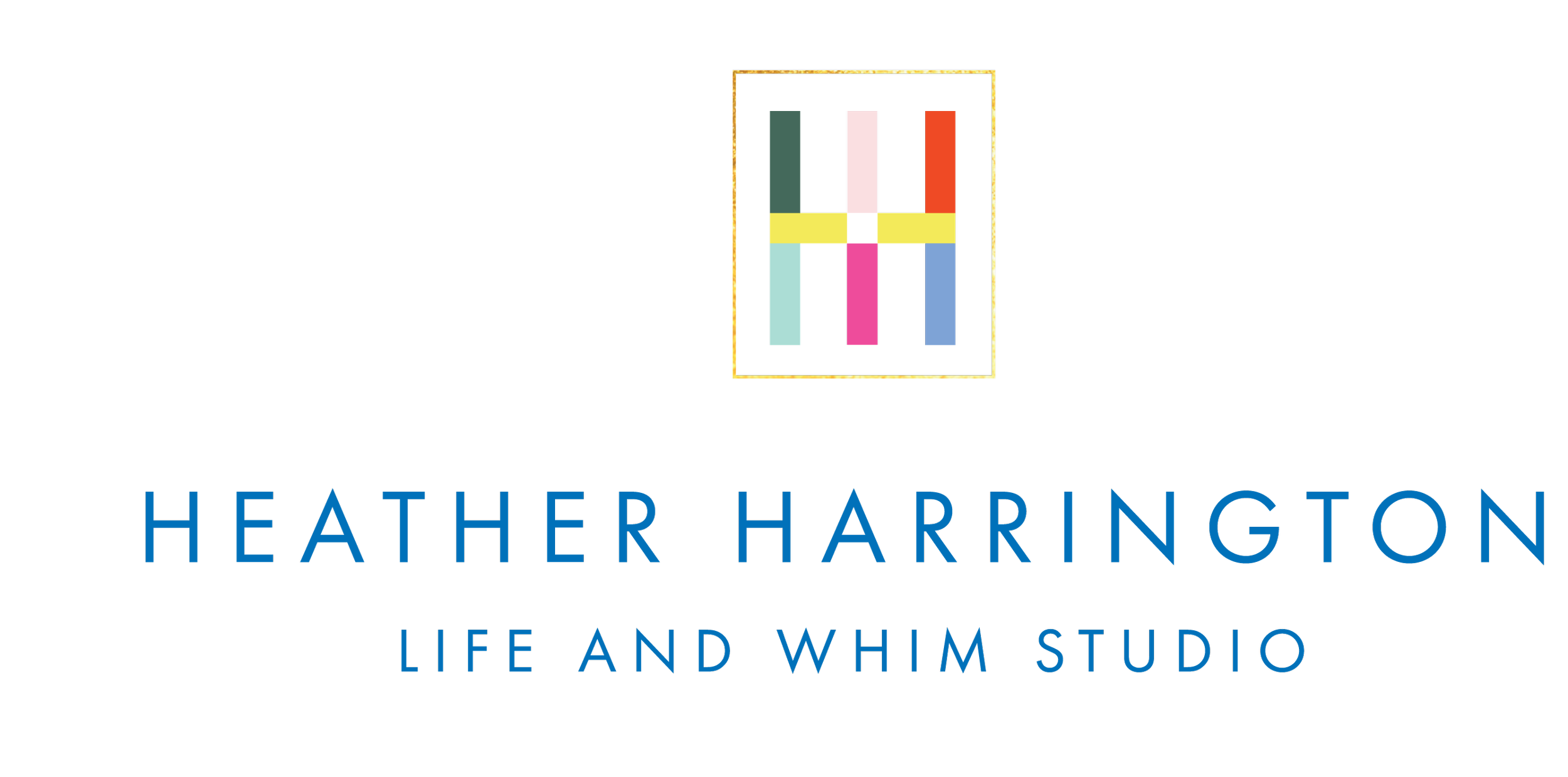Feeding the “Good Wolf” Inside of Us
You may have heard the parable about the old Cherokee who is teaching his grandson about life: “A fight is going on inside me,” he said to the boy.
“It is a terrible fight and it is between two wolves. One is evil—he is anger, envy, sorrow, regret, greed, arrogance, self-pity, guilt, resentment, inferiority, lies, false pride, superiority, and ego.”
He went on, “The other is good—he is joy, peace, love, hope, serenity, humility, kindness, benevolence, empathy, generosity, truth, compassion, and faith. The same fight is going on inside you–and inside every other person, too.”
The grandson considered this and then asked his grandfather: “Which wolf will win?”
The old Cherokee replied, “The one you feed.”
To “feed” a wolf is to bless it with our attention. To give it energy. To allow it to dominate our thoughts and narrative. The evil wolf reflects scarcity thinking—the good wolf an abundance mindset.
David Foster Wallace warned, in not so many words, of the dangers of the evil wolf in a commencement speech at Kenyon College. He described one of life’s greatest challenges as resisting one’s default setting: “[T]o keep from going through your comfortable, prosperous, respectable adult life, dead, unconscious, a slave to your head and to your natural default setting of being uniquely, completely, imperially alone...day in and day out.”
The good-wolf alternative, as Wallace describes it, is: “[B]eing conscious and aware enough to choose what you pay attention to and to choose how you construct meaning from experience.”
Choosing what to pay attention to sounds simple but is devilishly hard. The evil wolf looms large in the regrets of the past and the anxieties of the future. The good wolf flourishes in the present moment.
Success, happiness, contentment, joy, accomplishment—all of these things hinge on one’s ability to tame the mind. To be conscious and aware. To make our minds our servants not our masters.
That’s easier said than done at a time when our attention is being sold to the highest bidder. Taking back control is possible, but requires unplugging from the grid that feeds our worst instincts. A pattern-interrupting walk outside in the fresh, cold air can do wonders for mental health. A new book can inspire a new way of thinking. A conversation with an old friend can break the spell.
Limiting beliefs and negative self-talk can stop us from living purposeful, intentional, happy lives. Abundance thinking and positive narratives can set us free. It’s our choice. We get what we feed.


